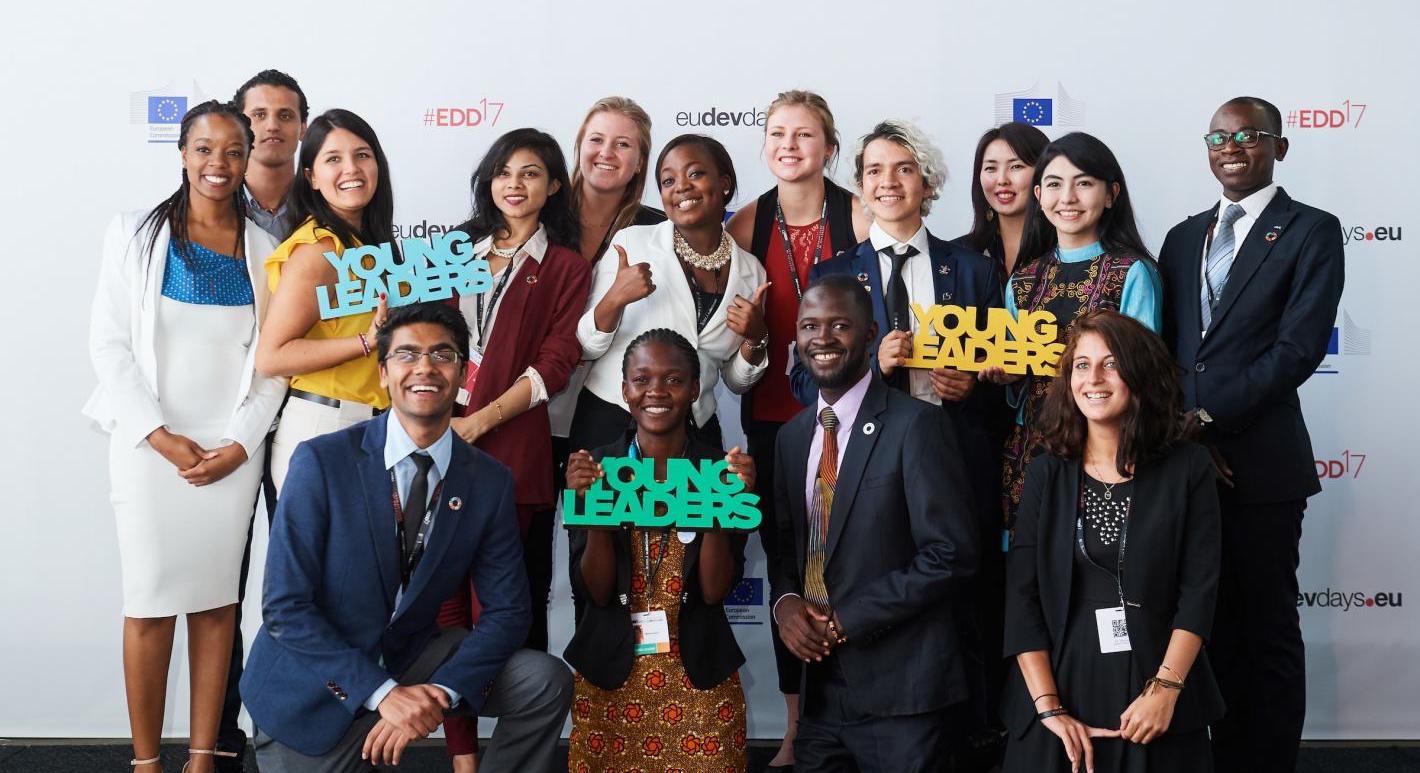I was sad when I heard that Seun Kokolari (a pseudo name) asked one of his staff at the morning meeting if her brain is correct. Seun is one of the young leaders leading a team of five sales staff and twenty operation staff of a retail merchandising company. He is expected to grow fast and far given his calm nature, ability to express himself clearly and his zeal to deliver the result for his branch.
However, I can tell this behaviour will put a limitation on Seun’s ability to achieve the result for himself and his company if he continues to use derogatory words on his team members. My assertion is in line with one of the profound laws of leadership: the sustainability of your results and the effectiveness of your work as a person will never rise above your ability to influence and lead others. Unfortunately, Seun in the process of trying to make his team accountable for the results for which he would be assessed has copied the style of his ultimate leader, Adeoye Mosafejo (a pseudo name).
For young leaders, the journey to leadership is personal. You are to take personal responsibility for the type of leaders you will be, be it good or bad. In your leadership journey, you must be aware of the need to learn from leaders within and outside your company. Your ability to learn is not as important as your ability to discern what to learn and what not to emulate from other leaders.
In your journey to being a leader, you need to be guided by the fact that your leadership effectiveness will be measured by the results you are delivering for your company. In most cases if not in all the circumstances, the results are not the direct efforts of the leaders. It is the coordinated efforts of others through the influence of the leaders that produce results for the team. For example, a football coach is the leader of the team, just as the team captain. However, the coach has to rely on the team members to do their part of the bargain for the result to be achieved.
In getting to the point where your leadership efficacy can be relied on, you must know that beyond your position, you need the permission, production and the development of the people you are leading. Without their permission, production and personal development, your result will not be sustainable. Using the words of Seun as copied from his mentor, Adeoye is behaving like an artisan who treats his working tools with disdain and expects the best performance from the tools. You cannot expect the best from a staff you emotionally abused and condemned. Your ability to inspire others to do their job without regular monitoring of the process but the result they achieved is the hallmark of effective leaders. The likes of Seun should be mindful of who and what they learn in their leadership development journey.
Seun and other aspiring leaders should emulate Graham Potter, an Englishman who is the current manager of Brighton FC in the Premiership football league. I love how Graham selects the leadership journey that had helped him in creating a positive atmosphere in all the clubs he had managed. Aside from being a master’s degree holder in leadership and emotional intelligence, he selected his football philosophy after studying coaches with little records of emotional abuse of players. He is known for adopting a progressive and unconventional approach to managing off the pitch activities. He encouraged his players during his days at Östersund FC to engage in community services and activities like music, theatre production and other social engagements. Graham put his players and staff ahead by treating them with respect and refocusing them to achieve the set objectives for the team.

In Brighton FC first game this season and a 3-0 win against Watford FC, the team’s captain praised Potter for creating a positive environment at the club. Equally, Graham Potter, in his post-match interview, gives all the credits to his team, the goose that laid the golden eggs for Brighton.
Young leaders are, therefore reminded to be mindful of what they learn and replicate from their leaders. You cannot emulate unruly behaviours like lack of transparency, insulting subordinates, micro-managing, absence of empathy and close-mindedness from your leaders and expect to be a good leader delivering sustainable results for your team. The effects of adopting negative leadership attribute are high staff attribution, dysfunctional behaviour and epileptic performance. Where leaders with these negative tendencies are not checkmated, they tend to replicate the ‘garage’ kingdom where bus touts speak freely with derogatory words.
To treat people like machines in this emotional and information age is to be in the offside play of the leadership game. The era of machine age where people are treated like robots is gone. Young leaders must, therefore, be aware of what they are learning and who they are emulating to avert growing to be a leader without influence, results and followership.
Top executives and business owners will be helping the society if they are determined to build institutions out of the existing organisations. Building institutions is to respect the culture and core values of the organisations; it is to ensure people achieve results without violating the rights of others and in manners sustainable for the business. The best the board members could do to ensure the young leaders are supported to be leaders with dignity is not to reward the leaders who achieve results in ways that violate the culture of the organisations.
Source: BusinessdayNG




